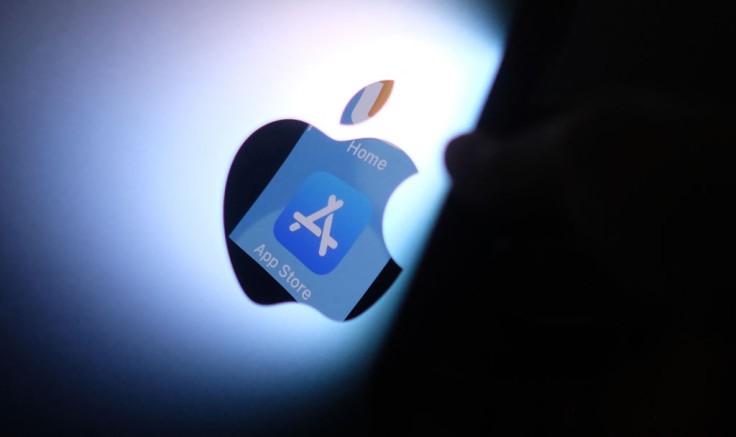
Apple is not getting away from Cydia's lawsuit that easily.
Last Thursday, May 26, Apple's prayer for dismissal was rejected by U.S. District Judge Yvonne Gonzalez Rogers in Oakland, California.
The motion for dismissal claimed that Cydia's charges fell outside a four-year window authorized under federal antitrust law
Cydia Lawsuit Against Apple's App Store
Apple is accused of having an illegal monopoly on software distribution on its operating system. The tech titan was unsuccessful in its effort to have an amended antitrust lawsuit brought against it by Cydia, an app store for jailbroken versions of the iPhone.
According to The Verge, California District Judge Yvonne Gonzalez Rogers denied Apple's request to have the case dismissed, and the judge has given the corporation 21 days to answer Cydia's newly-filed complaint.
The case against Apple was initially lodged in 2020 by Cydia creator Jay Freeman, also known by his alias Saurik. According to the allegations in the complaint, Apple has obtained and maintained monopoly power in iOS app distribution and payments, eventually depriving third-party app shops of the capacity to compete with the App Store.
Cydia was a platform that enabled jailbroken smartphone users to discover and download applications developed by third parties. It came into existence long before the Apple App Store. In 2018, Freeman put an end to the operation of the Cydia store.
In January, the judge ruled that the case should be thrown out since Freeman's allegations were filed more than four years after the statute of limitations for antitrust litigation. However, Freeman was provided the opportunity to make changes to the complaint, which he ultimately chose to do.
According to the new claim, Apple made "more aggressive" alterations to iOS between 2018 and 2021, which purportedly stopped Cydia and other alternative app stores from producing useful programs for iPhones.
This claim is made in the context of an ongoing legal dispute. Gonzalez Rodger did not grant Apple's petition to dismiss the re-filed lawsuit on the grounds that the claims happened beyond the time period covered by the statute of limitations. This was Apple's second attempt to get the motion refused.
Why is the Apple App Store Getting Numerous Complaints?
Apple's App Store has dominated collecting payments on devices running on its operating systems. Apple argues that the App Store is designed this way to protect the privacy of its users.
When it comes to digital goods that are sold in the Apple App Store, it is designed in a way that no other competing app stores can collect payments from their users aside from them.
Software developers who make more than $1 million dollars in sales annually through Apple's App Store are subject to a policy that requires Apple to take a 30% cut from their earnings for the App Store.
A 30% cut is huge when it comes to sales. Small developing companies are severely taking a hit with this. However, during the pandemic, Apple revised this policy and reduced its share to 15% under the Small Business Developer Program.
Apple was recently criticized publicly by the Tesla and SpaceX founder, Elon Musk, on Twitter. On May 4, Musk tweeted that Apple's App Store is like imposing a 30% tax on the internet, which is 10 times higher than it should be, and added that it is definitely not okay.
Apple’s store is like having a 30% tax on the Internet. Definitely not ok.
— Elon Musk (@elonmusk) May 3, 2022
Musk then followed the tweet with something controversial, stating his opinion and saying, "Apple app store fees are a de facto global tax on the internet. Epic is right."
Apple app store fees are a de facto global tax on the Internet. Epic is right.
— Elon Musk (@elonmusk) July 30, 2021
Musk has been pertaining to the legal battle he currently faces with Epic Games for quite some time now. Epic Games filed an antitrust case against Apple's App Store regarding their monopoly, and the two companies have been in this legal battle for some time now. Epic Games and Cydia, for some part of it, are both complaining about the same problems in the App store.
Related Article: Apple Raises Employees Salary Amid the Delayed Return To Office









